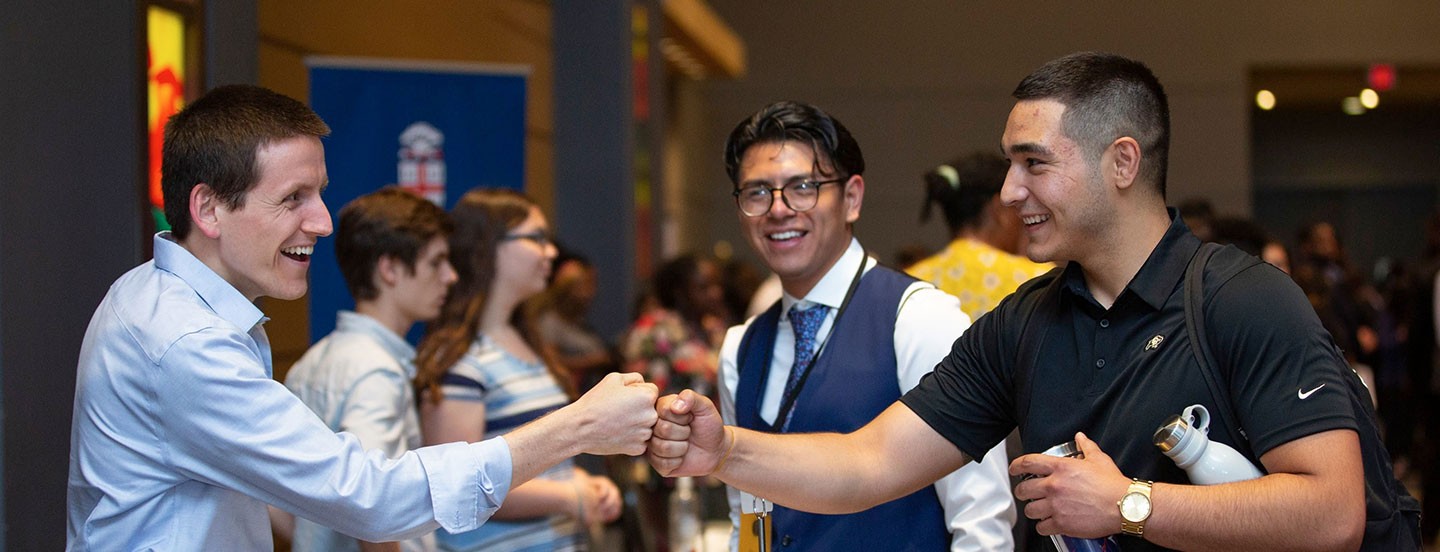
Offboarding and Mentoring After the Research Experience
Previously: Mentoring Toward the Virtual Leadership Alliance National Symposium (VLANS)
In your last meeting with your mentee, offer either written or oral feedback based on the summer experience. Couple that appraisal with an action plan for your mentee. Mentees typically want to build upon the research momentum they have gained over the course of the summer. This will be especially true of mentees whose work has been limited by not being able to be on campus. One option that may work for many mentees are as “Course-Based Research Experiences” (CRE’s) at their home institution. If their home institution does not have formal CRE’s, suggest ways your mentee can go about setting up an independent study at their home institution or at other institutions located nearby. If you are willing to speak with the research mentor they’d like to work with upon returning to their home institution, let your mentee know that they can use you as a resource in setting up that independent study.
Many undergraduates will also go on to build upon their research by presenting at undergraduate research conferences at their home institution. You should also consider and suggest any conferences sponsored by disciplinary and professional societies at which your mentee can present. If your mentee plans to do so, you will be in an especially strong position to provide valuable feedback on your mentee’s conference proposal.
Letters of recommendation will often be among the most important elements of your mentee’s future applications to other summer research experiences and graduate school. Be proactive about letting your mentee know how much prior notice you need to write one and whether you would like to see their other application materials (such as their statements of purpose, transcript, or resume).
Leadership Alliance mentors have learned that it can be particularly productive to introduce mentees to colleagues with whom they think the mentee might be a good research fit. For the mentee, establishing these new relationships expands their mentor network and deepens their sense of belonging to a research community. Your colleagues — and your department as a whole — get the chance to recruit a new graduate student. SR-EIP participants matriculate to Leadership Alliance graduate programs at a high rate in no small part because they have a chance to meet and bond with the faculty in those programs. By fostering these connections, you can make that true of the VSR-EIP as well.
If you are developing a mentor/mentee compact for after the summer, cover these aspects of your mentor/mentee relationship. Do the same for being in touch in the future to discuss other questions your mentee may have, such as navigating their major, developing a thesis, and picking a graduate school. By the end of the summer, you will be a new member of your mentee’s mentoring team. Think of a mentor/mentee compact as part of your mentee’s overall “game plan” moving forward.
Action Items:
- Facilitate meetings between the student and three of your colleagues. Send emails of introduction praising the students work and suggesting a Zoom call.
- Let the student know you are happy to write a letter of recommendation on their behalf, and let them know how you like to receive requests (how much time you’d like, if there is anything you’d like them to send to help you write the letter, etc)
- Celebrate the progress the student has made! Have a Zoom meeting with the lab and staff who have worked with the student. Recognize how far the student has come by sharing specific areas of growth.
Up next: Conclusion